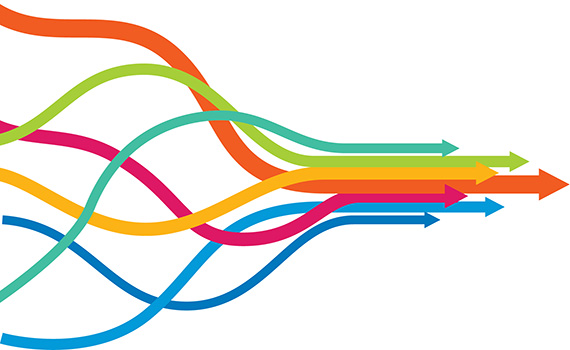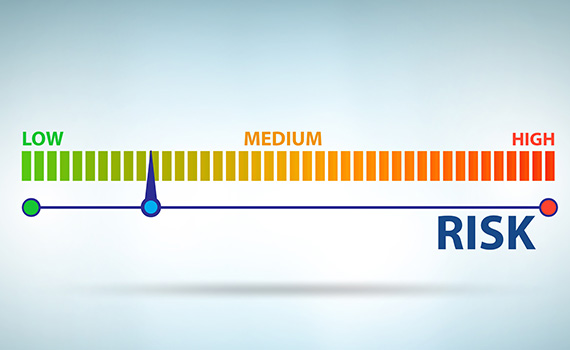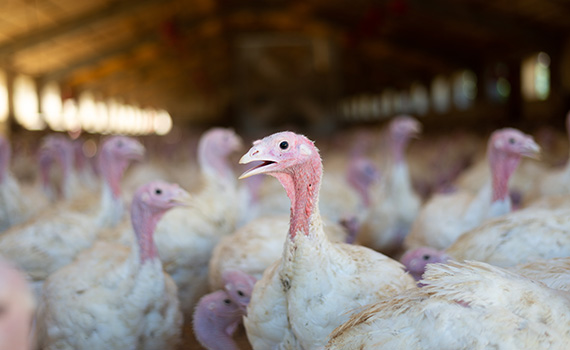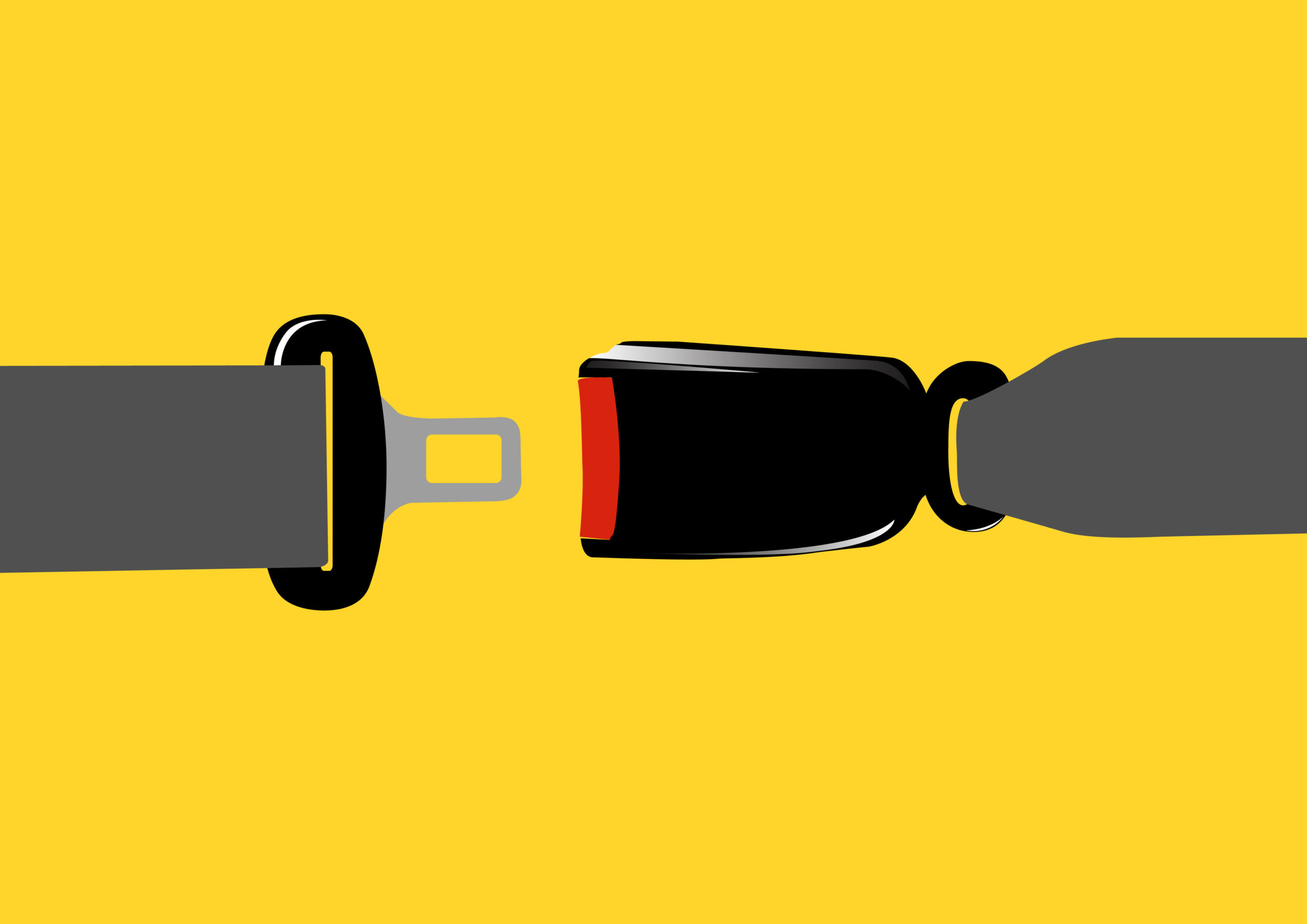UMN training program focuses on poultry company decision-making, during AI outbreaks

An outbreak of avian influenza (AI) is challenging enough without having to struggle with organizational matters that can slow a poultry company’s response time to the infectious, deadly disease.
“Our goal is to help an organization function during unprecedented times,” said Katherine Schaefbauer with the Department of Veterinary and Biomedical Sciences, University of Minnesota (UMN).
Issues during an outbreak
Too often when an unusual event like a disease outbreak occurs, an organization has difficulty making quick, sound decisions, which can cause the outbreak to expand, Schaefbauer explained.
“Individuals within the organization are sometimes working in different directions…,” she said. “They can’t see the outcomes of their decisions, and there is general communication dysfunction, which can have a detrimental effect on disease control and employee mental health.”
To address the problem, Schaefbauer and others at UMN developed a training program to help executives and directors of large poultry companies deal with the crisis situations that take place during an AI outbreak.
“This course is an opportunity for companies to unite, prepare and understand what an AI outbreak would mean for their organization,” she said. “It gives organizations the basics of what AI is, when regulatory oversight is involved, how to manage emotional strain placed on employees, identify communication needs and put together organizational and departmental AI crisis teams.”
Course concept and design
According to Schaefbauer, the course is employee focused. It lays the groundwork for preventing any future disruptions that might occur, by providing information when it is needed. It is self-paced and flexible with five modules, each composed of 15- to 20-minute classes that provide executives with fundamental knowledge of AI, she explained.
“The first four modules will be done independently for individuals to reflect on their own departments and needs during an AI outbreak,” Schaefbauer noted. “The fifth module is an in-person session for major decision-makers to come together to build their strategic plans.”
From this course, Schaefbauer said organizations will learn how to pair AI information with their niche-based departmental expertise through self-reflection questionnaires and group activities to improve the speed of decision-making and communication among stakeholders, develop AI-mitigation strategies and determine allocation of financial and human resources.
Each module has a specific purpose, she explained:
Module 1: Covers the basics of AI, including how it spreads, the difference between low-pathogenic AI and highly pathogenic AI and how to determine the risk of infection to their companies.
Module 2: Covers what a farm’s designation means during an outbreak, including logistic in an outbreak setting, permitted movements and the Secure Poultry Supply plan.
Module 3: Talks about the emotional stress an outbreak can cause on everyone within an organization. It contains techniques on how to identify signs of emotional stress or burnout, how to build an environment of connection and how to proactively build relationships.
Module 4: Gives organizations tools on how to understand their informational needs during an outbreak. A company will learn how to find trustworthy sources, how to use their organization’s unique advantage to stop or prevent an outbreak and how to create a message that will unite the entire company.
Module 5: Brings all the major decision-makers in a company together to build a strategic plan on how to prepare for an AI outbreak. Ultimately, companies will develop an organizational AI team and departmental AI crisis teams with designated decision-makers.
In the future
Currently, two layer and turkey companies have finished the course and are providing feedback, Schaefbauer said. In fact, several supplemental courses have been developed to support the five core modules. The study team plans to expand the program in the future and if an organization wants more information on taking the course, they should contact Schaefbauer.
Posted on November 30, 2022
 We’re glad you’re enjoying
We’re glad you’re enjoying














